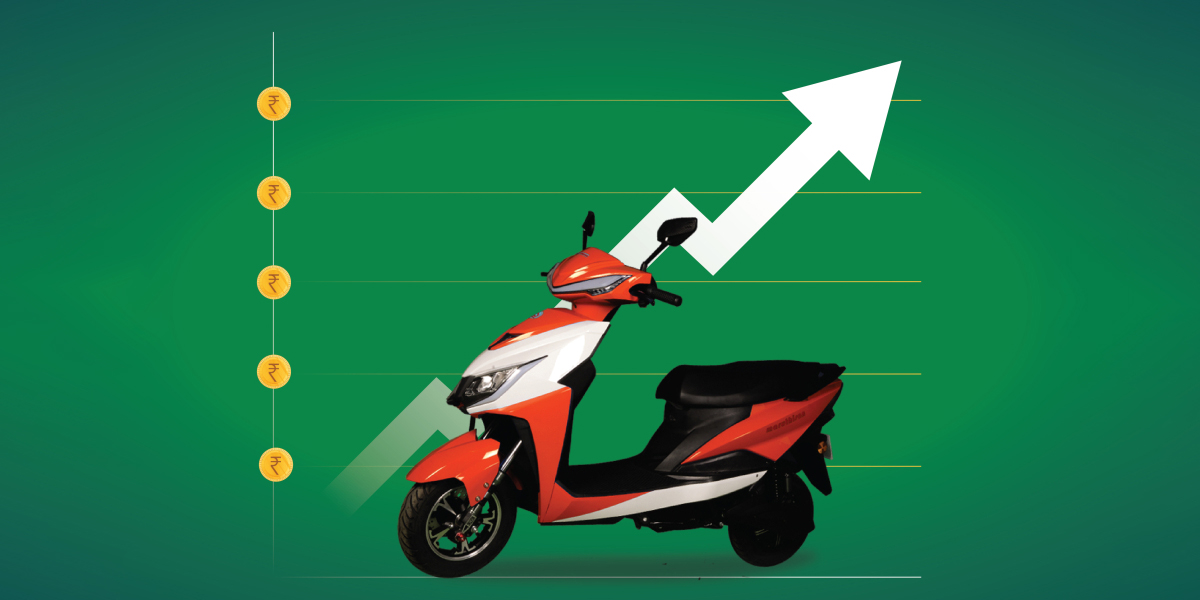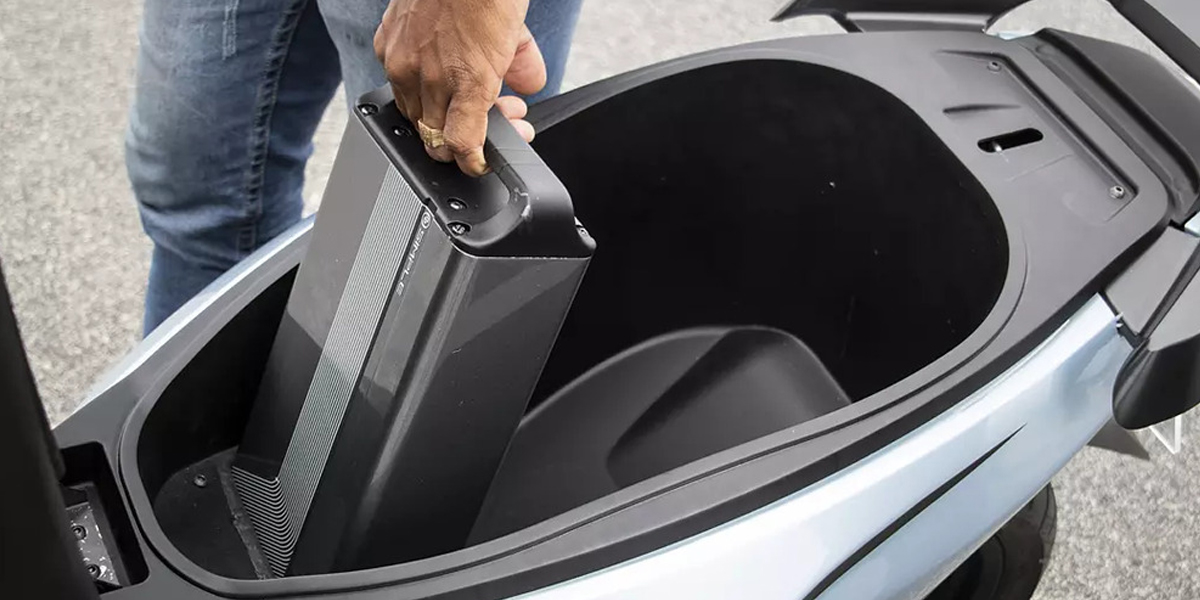Economics of owning an electric two-wheeler in India
The future of transportation is at a crucial juncture at present. Whenever the debate about the increasing price of fossil fuels and climate change takes place, the topic of electric vehicles becomes inevitable. Even though electric vehicles are discussed now and then but were not able to come into the limelight properly. It is in 2021, that the EVs hit the critical inflection point and sales of EVs took off finally.
Since 2021, the sales of electric vehicles specifically have witnessed new heights. Two-wheelers have always been a significant mode of commutation in India. Almost every Indian household own at least one two-wheele in their house because of the comfort and easiness it provides in commuting from one place to another. One of the reasons behind the sudden increase in demand for electric vehicles is the large section of people switching from petrol bikes to electric ones.
According to Energyworld.com, the reports of SMEV (society of manufacturers of electric vehicles) states that electric two-wheelers sales in India have risen by 132% in 2021. The total sales of electric two-wheelers in 2021 was approximately 233,971 units while it was only 100,736 in the previous year.
Two-wheelers are opted for more than other transportation modes because of their convenience and pocket-friendliness. Electric 2-wheeler in India are finally able to replace petrol bikes as it is more affordable in the long run and creates minimum to zero negative impact on the environment.
Even though the upfront cost of electric two-wheelers in India is comparatively higher than that of petrol ones, still it is a smart option to choose. The ever-rising petrol prices are increasing the running cost of the bikes, along with the maintenance cost at regular intervals, making it far more expensive in the long run than purchasing an electric 2-wheeler in India.
Let’s dig deep and see the economics of owning an electric 2-wheeler in India.
Electric 2-wheeler in India and operational savings

At a time when the price of fuel is skyrocketing, filling up the petrol tank has become a pinching event and electric two-wheelers act like a saviour. Even though it can appear to be expensive on the face, electric 2-wheelers in India provide higher-ranking operational prices in the long run.
Economics of owning an electric 2-wheeler in India
The benefits of owning an electric 2-wheeler in India can be justified by carrying out simple calculations.
- Suppose, the price of a petrol bike is somewhere around ₹75000 and provides a mileage of 50kms/litre and the price of petrol stand at an astounding amount of ₹100/litre. The running cost of the bike can be calculated to be ₹2.0/km. Further from this calculation, it can be estimated that around ₹60/day and ₹18000/year, which is exceedingly high for majority of Indians. This amount will increase further by adding other maintenance and incidental costs.
- Similarly, if an electric bike of a similar price range offers a mileage of around 60km/charge and if the price of electricity is around ₹7/unit. By converting this to ₹14p/km the running cost of the electric bike can be estimated to be ₹4.20/day and ₹1260/year. This amount can increase a little further by adding incidental and maintenance costs.
- According to the calculation purchasing an electric 2-wheeler can help in saving ₹16740/year when compared to petrol bikes. The saving margin will enhance further as the cost of EVs and the technologies associated with them will get cheaper as time advances. Even if the cost of an electric scooter is above ₹75000 still substantial savings can be garnered over the lifetime of the bike.
Cost dynamics to advocate EVs going forward

Electric 2-wheelers are considered to be premium in India as compared to their petrol substitute because of their high initial cost. However, the life-long saving on costs like petrol and maintenance can make electric bikes the best option to invest in.
The global market of EVs has ballooned over the years to $500Bn and is expected to grow further as eminent players of the automotive industry either have already introduced electric vehicles on their catalogue or are planning to do soon. This can be an indication that in the future, the prices of electric vehicles and their parts like batteries & motors will decrease, and battery technology will offer a better range as well as more power at a relatively cheap price. Further, the charging network will improve and eradicate the range anxiety that several early adopters speak about.
Apart from that, the fact that the price of petrol is increasing constantly makes electric 2-wheelers in India an ecological, budget-friendly, logical, and sustainable way forward.
Battery replacement costs

Battery replacement is one of the challenges faced by an electric 2-wheeler. With one year of savings along with the value of the old battery or even less, a new battery can be bought.
Most of the electric 2-wheelers in India comprise a battery pack of lithium-ion and considering the lifecycle, the cost of battery replacement might incur after 3 years approximately. Keeping this in mind an electric vehicle owner can save around ₹10000 to ₹12000 per month.
Electric 2-wheelers in India is still a new concept and is in the developing stage. With the advancement of new technology and innovation, it will become the future of mobility, helping owners to save up on maintenance and petrol costs.
According to Statista, a report by McKinsey has stated that by the FY 2030, the demand for electric two-wheelers in India will reach approximately 8.2 to 9.2m units. The increase in demand is driven mainly by migration & urbanisation, lower prices, beneficial governmental policies and an increasing number of customer readiness for electric 2-wheelers in India.

